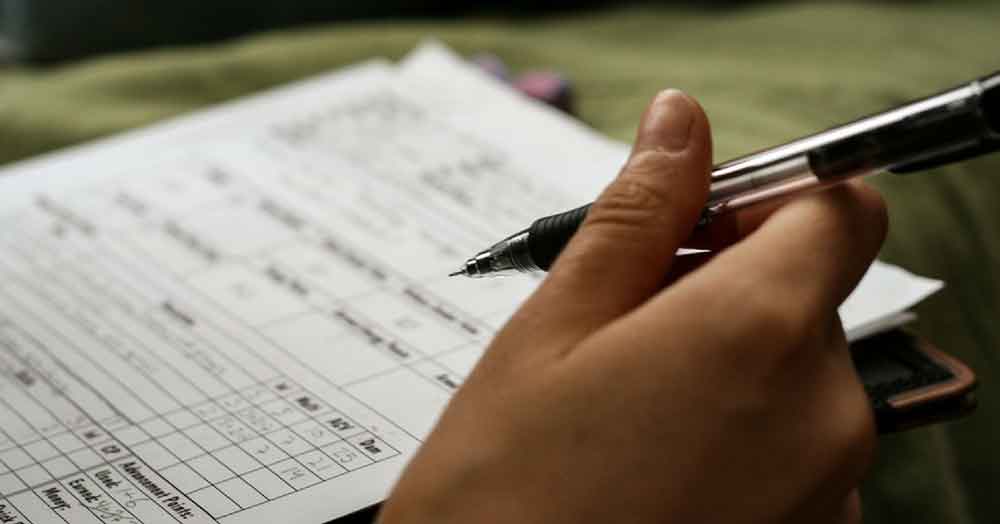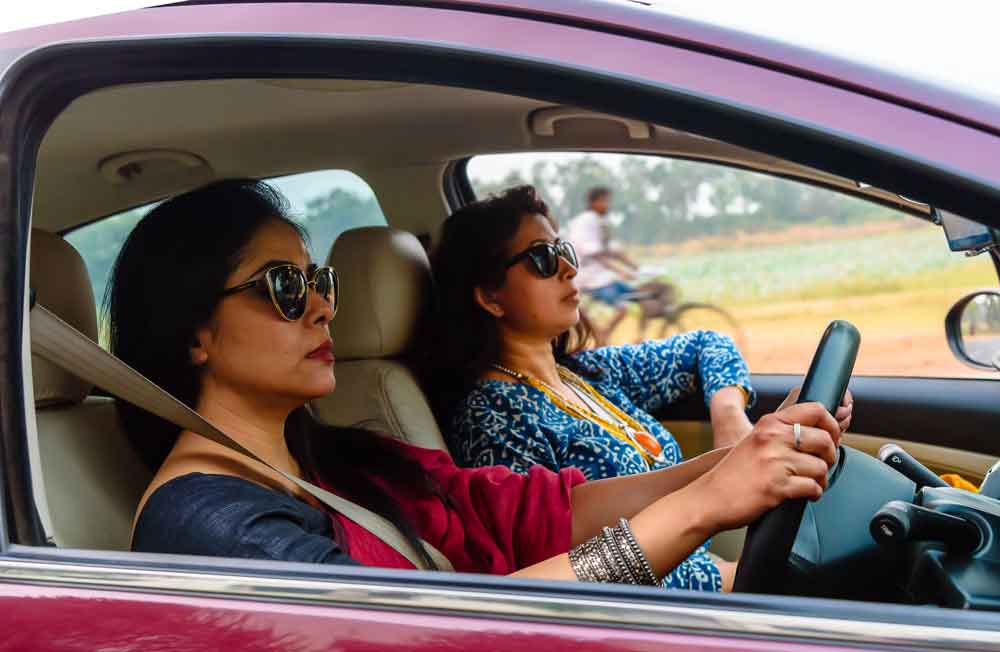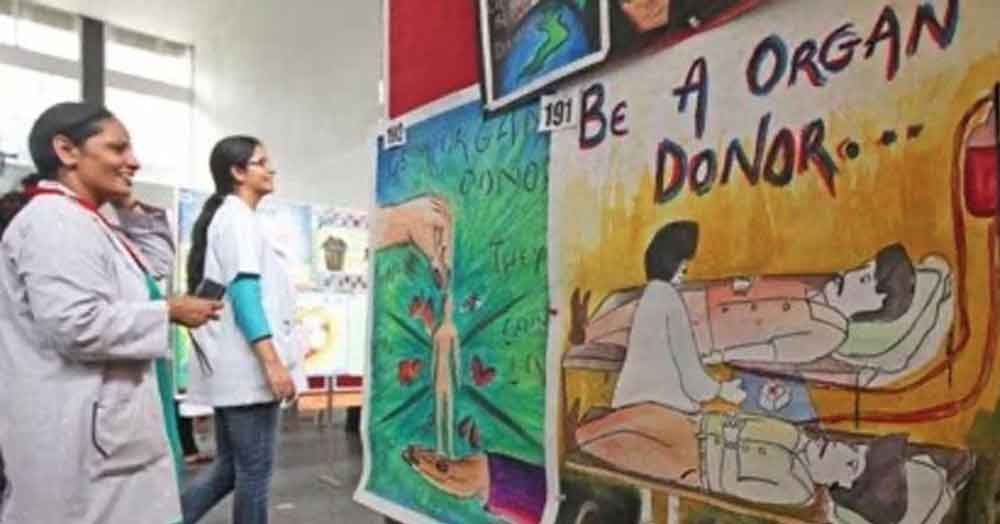Not only do women make up the majority of living organ donors, but statistics also indicate that they outnumber men in terms of the percentage of applicants for driving licenses with the pledge to donate their organs in the event of a fatal accident. When applying for a driver's license, the Ministry of Road Transport and Highways introduced a provision to pledge for organ donation in the event of death.

The National Organ and Tissue Transplant Organisation (Notto) released data on such commitments in 2024, showing that 9.8 per cent of women applicants promised to donate their organs in the event of death, compared to 8.9 per cent of male applicants. When applying for a driver's license, 26.7 per cent of women in Delhi pledged their organs, followed by Odisha (21.9 per cent), Mizoram (21 per cent), Maharashtra (20.9 per cent), and Uttar Pradesh (16.8 per cent). Given that they made up the majority of applications for driver's licenses, men vastly outnumbered women in terms of absolute numbers.

Notably, it is yet unknown what percentage of promises turn into actual donations. Approximately 3.6 lakh people have committed to organ donation since September 2023. The number of organ transplants was 4:1 male to female between 1995 and 2021. According to government data, this rate is gradually declining. This ratio dropped to 2.3:1 in 2022.

According to the annual report on organ donations that was published on the eve of Organ Donation Day, India carried out close to 19,000 transplants in 2024–2025. 3403 (17 per cent) of these were performed using organs recovered from donors declared brain dead or deceased, and the rest by living individuals.